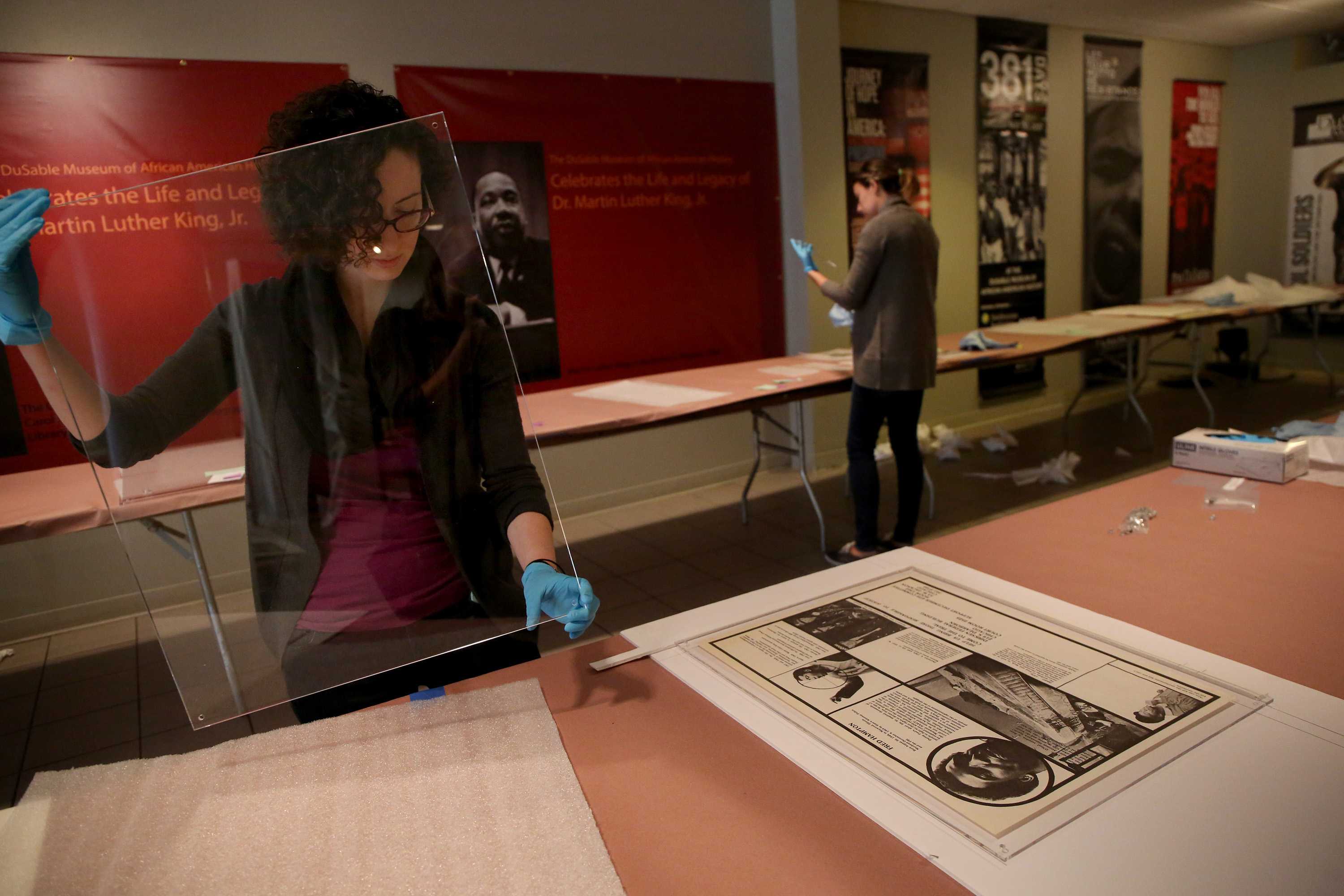While I appreciate the passion and emphasis behind your September 24th editorial (“Time to make science popular”), I’m concerned about its limited conception of what science includes. A focus on “chemistry, biology, physics and astronomy” ignores systematic inquiries into nature that occur in a wide range of other disciplines, particularly those in the College of Social and Behavioral Sciences. Some of those disciplines are even increasingly scientific, with significant advances in testable ideas about observable reality.
Consider, for example, social geometry, a theoretical strategy in sociology which has generated scores of general, simple, testable, valid, creative propositions that explain and account for a wide range of behavior at individual, group, organizational, and societal levels. Ideas within this strategy – such as that legal behavior varies curvilinearly with relational distance, that genocide is a function of social distance, or that everything “wrong” is a function of movement in social space – apply anywhere on earth, and any time in human history. Social geometry even predicts the degree to which ideas and individuals are scientific, and therefore informs the few disciplines you mention, instructing students and colleagues there (as elsewhere) how they might become more scientific.
If your interest is in a “stronger fascination [with] science” and providing “the minds that the world needs in order to move on as a species,” it might even be more important to laud and parade successes in social and behavioral sciences. They connect clearly with aspects of our everyday lives. They more directly address more problems facing individuals and society. And, despite their theoretical and epistemological advances, they continue to get the short shrift in opinion pieces about science.
Regards,
Ellis Godard
Associate Professor
Sociology Department






